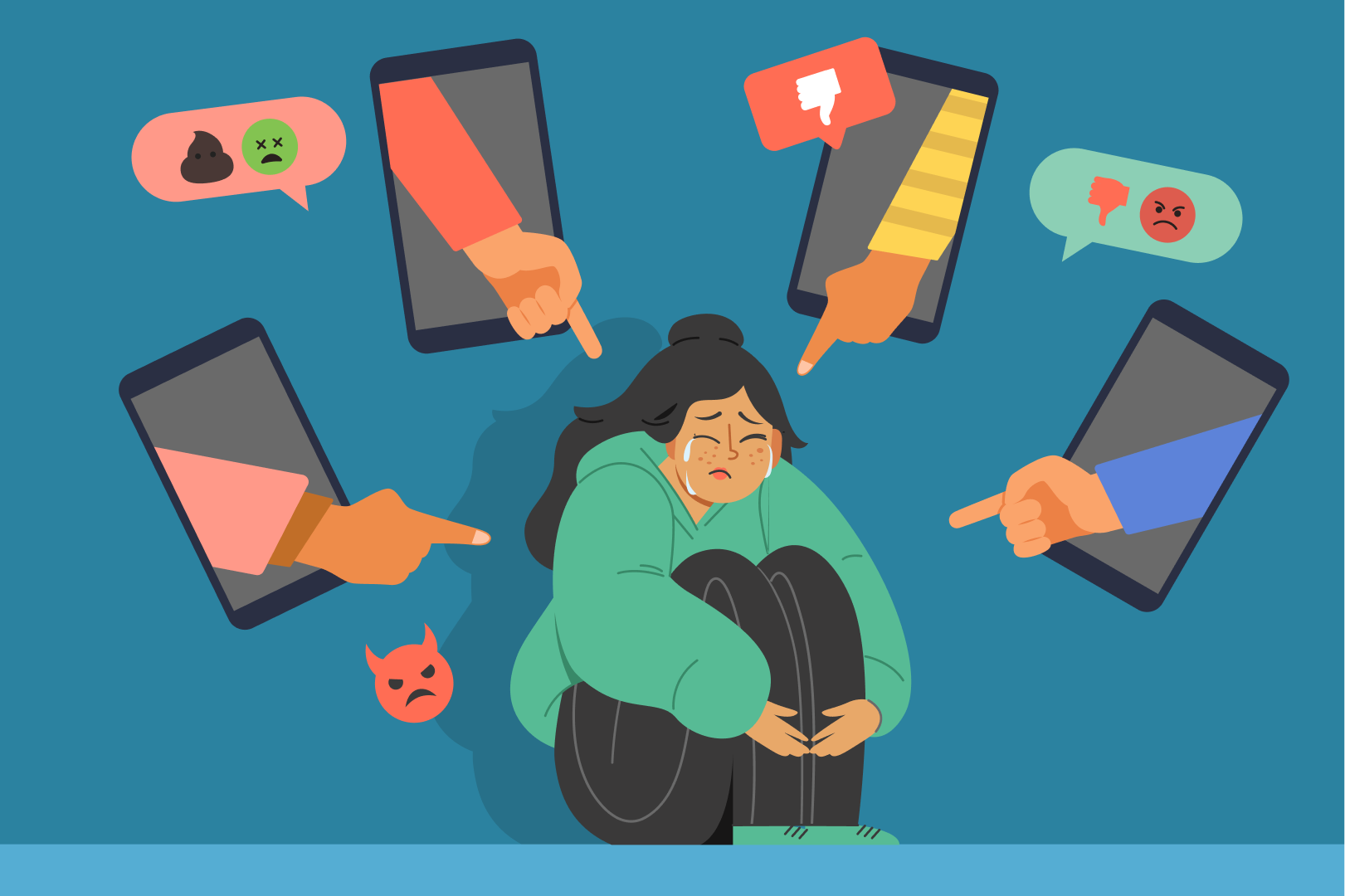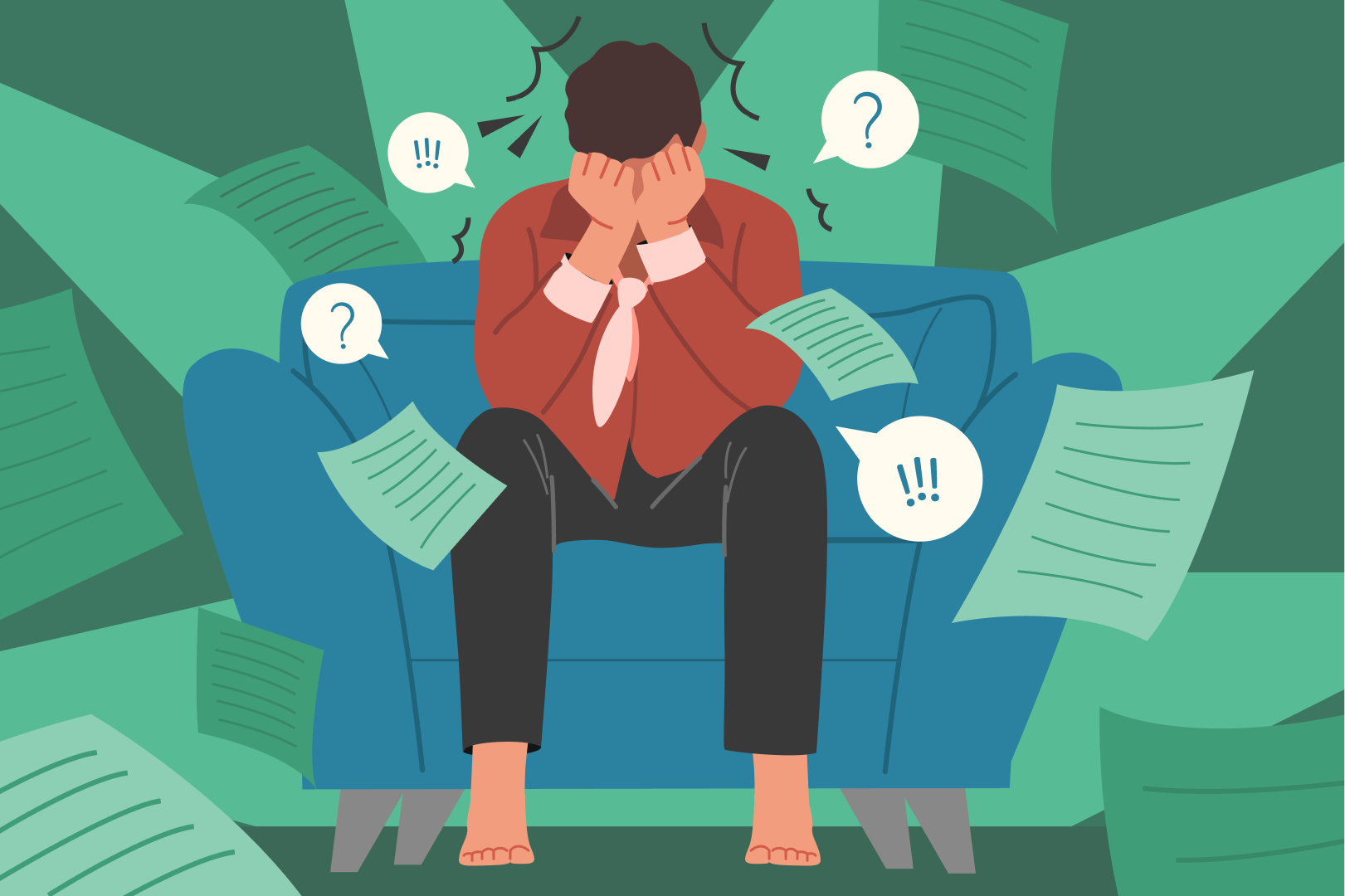Abuse is defined as any action that intentionally harms or injures another person.
In short, someone who purposely harms another in any way is committing abuse.Yes, abuse is when one person intentionally hurts another, but that is a common occurrence in life and most of us are guilty of engaging in that from time to time. But what abuse really means is control. When a truly abusive situation exists, it’s because one party is seeking to control the other through abuse. And while this might be an explanation of abuse, it’s certainly no excuse. One person has no right to exercise control over another through abuse. Victims of abuse must know that the abuse is wrong and that the abuse is never their fault. Every person has the right to live an abuse-free life.
Domestic abuse, also called “domestic violence” or “intimate partner violence”, can be defined as a pattern of behavior in any relationship that is used to gain or maintain power and control over a spouse/boyfriend/girlfriend . Abuse is physical, sexual, emotional, economic or psychological actions or threats of actions that influence another person. Victims of domestic abuse may also include a child or other relative, or any other household member.
This includes any behaviors that frighten, intimidate, terrorize, manipulate, hurt, humiliate, blame, injure, or wound someone. Domestic abuse can happen to anyone of any race, age, sexual orientation, religion, or gender. It can occur within a range of relationships including couples who are married, living together or dating. Domestic violence affects people of all socioeconomic backgrounds and education levels.
Anyone can be a victim of domestic violence, regardless of age, race, gender, sexual orientation, faith or class
Domestic abuse is typically manifested as a pattern of abusive behavior toward an intimate partner in a dating or family relationship, where the abuser exerts power and control over the victim.
Domestic abuse can be mental, physical, economic or sexual in nature. Incidents are rarely isolated, and usually escalate in frequency and severity. Domestic abuse may culminate in serious physical injury or death.
Are You Being Abused?
Look over the following questions to think about how you are being treated and how you treat your partner.
Recognizing the signs of domestic abuse
Does your partner/spouse…
- Embarrass or make fun of you in front of your friends or family?
- Put down your accomplishments?
- Make you feel like you are unable to make decisions?
- Use intimidation or threats to gain compliance?
- Tell you that you are nothing without them?
- Treat you roughly—grab, push, pinch, shove or hit you?
- Call you several times a night or show up to make sure you are where you said you would be?
- Use drugs or alcohol as an excuse for saying hurtful things or abusing you?
- Blame you for how they feel or act?
- Pressure you sexually for things you aren’t ready for?
- Make you feel like there is “no way out” of the relationship?
- Prevent you from doing things you want – like spending time with friends or family?
- Try to keep you from leaving after a fight or leave you somewhere after a fight to “teach you a lesson”?
Do you…
Sometimes feel scared of how your partner may behave?
Constantly make excuses to other people for your partner’s behaviour?
Believe that you can help your partner change if only you changed something about yourself?
Try not to do anything that would cause conflict or make your partner angry?
Always do what your partner wants you to do instead of what you want?
Stay with your partner because you are afraid of what your partner would do if you broke up?
If any of these things are happening in your relationship, talk to someone. Without help, the abuse will continue. Making that first call to seek help is a courageous step.
Always remember NO ONE deserves to be abused. The abuse is not your fault. You are not alone.

Power and Control Wheel
Physical and sexual assaults, or threats to commit them, are the most apparent forms of domestic abuse and violence and are usually the actions that allow others to become aware of the problem. However, regular use of other abusive behaviors by the abuser, when reinforced by one or more acts of physical violence, make up a larger system of abuse. Although physical assaults may occur only once or occasionally, they instill the fear of future violent attacks and allow the abuser to take control of the victim’s life and circumstances.
The Power & Control wheel is a particularly helpful tool in understanding the overall pattern of abusive and violent behaviors, which are used by an abuser to establish and maintain control over his/her partner or any other victim in the household. Very often, one or more violent incidents may be accompanied by an array of these other types of abuse. They are less easily identified, yet firmly establish a pattern of intimidation and control in the relationship.
Source: The Duluth Model | Developed by Domestic Abuse Intervention Project, Duluth, MN
Emotional abuse: includes undermining a person’s sense of self-worth through constant criticism; belittling one’s abilities; name-calling or other verbal abuse; damaging a partner’s relationship with the children; or not letting a partner see friends and family. You may be in an emotionally abusive relationship if your partner:You are may be in an emotionally abusive relationship, if your partner…
- Calls you names, insults you or continually criticizes you.
- Does not trust you and acts in a jealous or possessive manner.
- Tries to isolate you from family or friends.
- Monitors where you go, whom you call and with whom you spend your time.
- Does not want you to work.
- Controls finances or refuses to share money.
- Punishes you by withholding affection.
- Expects you to ask permission.
- Threatens to hurt you, the children, your family or your pets.
- Humiliates you in any way.
Psychological abuse: involves causing fear by intimidation; threatening physical harm to self, partner or children; destruction of pets and property; “mind games”; or forcing isolation from friends, family, school and/or work.
Financial or economic abuse: involves making or attempting to make a person financially dependent by maintaining total control over financial resources, withholding access to money, and/or forbidding attendance at school/college or work
Physical abuse: involves hurting or trying to hurt a partner by hitting, kicking, burning, grabbing, pinching, shoving, slapping, hair-pulling, biting, denying medical care or forcing alcohol and/or drug use, or using other physical force. You may be in a physically abusive relationship if your partner:
- Damages property when angry (throws objects, punches walls, kicks doors, etc.).
- Pushes, slaps, bites, kicks or chokes you.
- Abandons you in a dangerous or unfamiliar place.
- Scares you by driving recklessly.
- Uses a weapon to threaten or hurt you.
- Forces you to leave your home.
- Traps you in your home or keeps you from leaving.
- Prevents you from calling police or seeking medical attention.
- Hurts your children.
- Uses physical force in sexual situations.
Sexual abuse: involves forcing a partner to take part in a sex act when the partner does not consent. You may be in a sexually abusive relationship if your partner:
- Accuses you of cheating or is often jealous of your outside relationships.
- Wants you to dress in a sexual way.
- Insults you in sexual ways or calls you sexual names.
- Has ever forced or manipulated you into having sex or performing sexual acts.
- Holds you down during sex.
- Demands sex when you are sick, tired or after beating you.
- Hurts you with weapons or objects during sex.
- Involves other people in sexual activities with you.
- Ignores your feelings regarding sex.
Stalking involves any pattern of behavior that serves no legitimate purpose and is intended to harass, annoy, or terrorize the victim. Typical stalking activities include repeated telephone calls, unwelcome letters or gifts by mail, surveillance at work, home and other places that the victim is known to frequent. Stalking usually escalates.
What is sexual abuse
‘Sexual abuse’ is when you are forced or tricked into doing sexual things when you don’t want to. Sexual assault is a form of sexual violence, and covers a wide range of unwanted sexual behaviours that can involve strangers or people you know. If you’ve been sexually assaulted, remember it’s not your fault and it’s never okay for someone to force you to do something you are uncomfortable with.
It covers:
- Forced, unwanted sex or sexual acts.
- Child sexual abuse: using power over a child to involve that child in sexual activity.
- Indecent assault like touching you inappropriately, making you take part in sexual acts without your consent
You might experience a range of emotions and it’s important to know there are support services that can help you to move forward. If you are questioning whether you’ve been sexually assaulted, trust your instinct and speak to a professional who can help, such as the non-judgmental counsellors
Sexual abuse is never your fault!
Sexual assault is something that has happened to you, it’s not a result of who you are or something you did, like being drunk or dressing a certain way. Someone has chosen to behave badly toward you and to exert power and control over you. That is never your fault.
Sexual abuse is a form of trauma
Sexual assault is a form of trauma, and your response to trauma can show up in different ways. You may have memory flashbacks, which can take you physically back to that time and result in panic attacks. PTSD (Post traumatic stress disorder) can also be an outcome of sexual assault, and may include nightmares or intrusive thoughts and memories.
How sexual abuse might affect you?
Everyone reacts differently to sexual assault. All of the following responses are normal:
1) Shock and denial: You might think, ‘Did this really happen to me?’ or ‘Why me?’, and feel unable to accept that it actually happened.
2) Fear: You might experience fear of the offender, of being alone, or of not being believed.
3) Silence: You might find that you’re unable to talk about the assault, or to describe what it feels like to have been assaulted, out of fear of being judged.
4) Anxiety: You might feel unsafe or unable to relax.
5) Depression: You might feel sad, hopeless or down, or stop enjoying the things that you used to enjoy.
6) Guilt and blame: You might ask yourself, ‘Why did I go there/allow it/not fight back?’
7) Low self-esteem: You might lose self-confidence, and feel ‘unworthy’, ashamed or ‘dirty’.
8) Isolation: You might want to be alone, and to isolate yourself from family and friends.
9) Nightmares and flashbacks: You might have images and memories of the assault intrude on your daily life and sleep.
10) Mood swings: You might find that your mood changes quickly from anger and rage, to tears and despair, and back again.
11) Loss of confidence: You might worry about your ability to do your work or study, or lack confidence with friends or your partner.
12) Loss of trust: You might find it hard to trust people in your social circle or family.
13) PTSD (Post traumatic stress disorder): You might experience a particular set of reactions such as reliving the traumatic event with intrusive thoughts or memories, or feeling emotionally numb.
14) Flashbacks/memories: You might experience flashbacks or memories of the assault.
What to do if you’ve been sexually assaulted/abused
If you’ve been sexually assaulted, it’s not something you have to live with on your own. Here are some things you can do straight away:
1) Ensure that you’re safe
If you’re in immediate danger, or you’re worried about your safety, contact emergency services on 100 immediately and try to get somewhere safe.
2) Talk to someone
This can be tough, but is really important for your support and recovery. Find someone you can talk to, such as a friend or family member, or a professional like a doctor or counsellor or social worker. Contact an organisation in your state or territory that can give you relevant information on seeking help.
Get confidential help
- Call the confidential 24-hour childline india support on 1098
Helplines for women in distress | National Commission for Women
3) Get medical help
If you’ve been sexually assaulted, it’s possible to get medical support. If you decide to, try to get to a hospital or health centre where they can give you appropriate medical care.
4) Consider contacting the police
You might find it hard to decide whether or not to report the sexual assault to the police. The most important thing is that you make the right decision for you. If you do decide to make a formal report, it’s helpful to know that procedures have been put in place to support you and reduce distress. It can help to take a support person to the police station so you don’t need to be on your own. You can also write down as much as you can remember about the sexual assault to help reduce stress at the time of reporting.
5) Trust yourself
If someone has assaulted you, you may not feel confident about what to do next. Trust your instincts. Remember that it’s never okay for someone to assault you for any reason.
What is emotional abuse?
Emotional abuse can feel as destructive and damaging as physical abuse, and can severely impact your mental health. It’s often used as a way to maintain power and control over someone.
Emotional abuse may be accompanied by other kinds of abuse: sexual, financial or physical. However, it doesn’t need to include other kinds of abuse to count as abuse; it’s serious enough on its own to be a concern.
Types of emotional abuse
Emotional abuse can involve any of the following:
- Verbal abuse: yelling at you, insulting you or swearing at you.
- Rejection: Constantly rejecting your thoughts, ideas and opinions.
- Gaslighting: making you doubt your own feelings and thoughts, and even your sanity, by manipulating the truth.
- Put-downs: calling you names or telling you that you’re stupid, publicly embarrassing you, blaming you for everything. Public humiliation is also a form of social abuse.
- Causing fear: making you feel afraid, intimidated or threatened.
- Isolation: limiting your freedom of movement, stopping you from contacting other people (such as friends or family). It may also include stopping you from doing the things you normally do – social activities, sports, school or work. Isolating someone overlaps with social abuse.
- Financial abuse: controlling or withholding your money, preventing you from working or studying, stealing from you. Financial abuse is another form of domestic violence.
- Bullying and intimidation: purposely and repeatedly saying or doing things that are intended to hurt you.
The impact of emotional abuse
Physical violence is often seen as being more serious than emotional abuse, but this simply isn’t true. The scars of emotional abuse are real and long-lasting. As well as having a negative impact on your self-esteem and confidence, emotional abuse can leave you feeling depressed, anxious or even suicidal.
Getting support
If you’re experiencing emotional abuse, it’s important that you seek help. There are a number of services you can contact if you need someone to talk to.
Check out Domestic violence and what you can do about it for information on things to consider when dealing with domestic violence, including where to go to make sure you’re safe, and the kinds of support you can access: legal, financial and medical.
Most importantly, if you feel afraid or believe you might be in danger, contact the emergency services (100) immediately.
Signs of an abusive relationship
It’s not always obvious that you’re in an abusive relationship. Learn some of the key signs to look for. It’s common for someone who is being abused to believe that it’s their own fault and that they somehow ‘deserve’ the abuse. It’s important to know that you’re never to blame for the way an abusive person treats you.
This can help if:
- your partner/spouse/boyfriend tries to control your behaviour
- your partner/spouse/boyfriend threatens to harm you, your pets or people you love
- you’re scared of your partner/spouse/boyfriend.
Key signs of an abusive relationship
An abusive relationship isn’t just limited to physical violence. It can include sexual, emotional and physical abuse, and may involve control of your finances. Here are some signs to look for.
Possessiveness
- They check on you all the time to see where you are, what you’re doing and who you’re with.
- They try to control where you go and who you see, and get angry if you don’t do what they say.
Jealousy
- They accuse you of being unfaithful or of flirting.
- They isolate you from family and friends, often by behaving rudely to them.
Put-downs
- They put you down, either publicly or privately, by attacking your intelligence, looks, mental health or capabilities.
- They constantly compare you unfavourably to others.
- They blame you for all the problems in your relationship, and for their violent outbursts.
- They say things like, ‘No one else will want you.’
Threats
- They yell or sulk, and deliberately break things that you value.
- They threaten to use violence against you, your family, friends or a pet.
Physical and sexual violence
- They push, shove, hit or grab you, or make you have sex or do things you don’t want to do.
- They harm you, your pets or your family members.
Things you might feel in an abusive relationship
‘My partner isn’t violent all the time – they love me’
Your violent partner may act loving towards you at other times and may truly feel sorry for their horrible behaviour. So, it might be hard to stay angry and upset with them. However, there is quite a high chance that their violent behaviour will continue. Abusers can be incredibly charming people, especially if they’re trying to make you or others see them in a good light.
‘Things will get better – they didn’t mean it’
After a violent episode, it’s common for both you and your abuser to try and downplay what happened with excuses, apologies or promises to change. Things might settle down for a bit, but it’s often only a matter of time before it happens again. It’s very difficult to eradicate physical abuse in relationships, and any abusive behaviour, without professional help.
‘It’s so confusing – I’m sure it’s a one-off’
If you’re experiencing abuse, things can feel really confusing, especially if it’s your first relationship. You might not be sure what to expect next. Abusers often try to influence your sense of what’s real, to make you feel confused or even that you’re going crazy. (This is known as ‘gaslighting’.) Statistically, though, if someone behaves violently once, they’re very likely to do it again.
‘Maybe it’s my fault’
You may begin to think that you’re to blame for your partner’s abusive behaviour. An abuser may excuse their behaviour by saying something like, ‘It wouldn’t have happened if you hadn’t…’ The truth is that no matter what you do, another person’s abusive behaviour is never your fault.
‘I’m scared of what will happen if I leave them’
It’s not unusual to feel afraid of leaving the person who’s abusing you. You might feel unsafe, or scared of what the person might do to you or themselves. You might also feel that you aren’t capable of making it on your own. It’s important to remember that there are people who can help you every step of the way.
REACH OUT FOR HELP:
Domestic Abuse (National): 181
Women Police Helpline: 1091
Nari Samta manch, Pune: 9987720696
Swayam,Kolkata: 9830747030
Cehat, Mumbai: 9029073154








